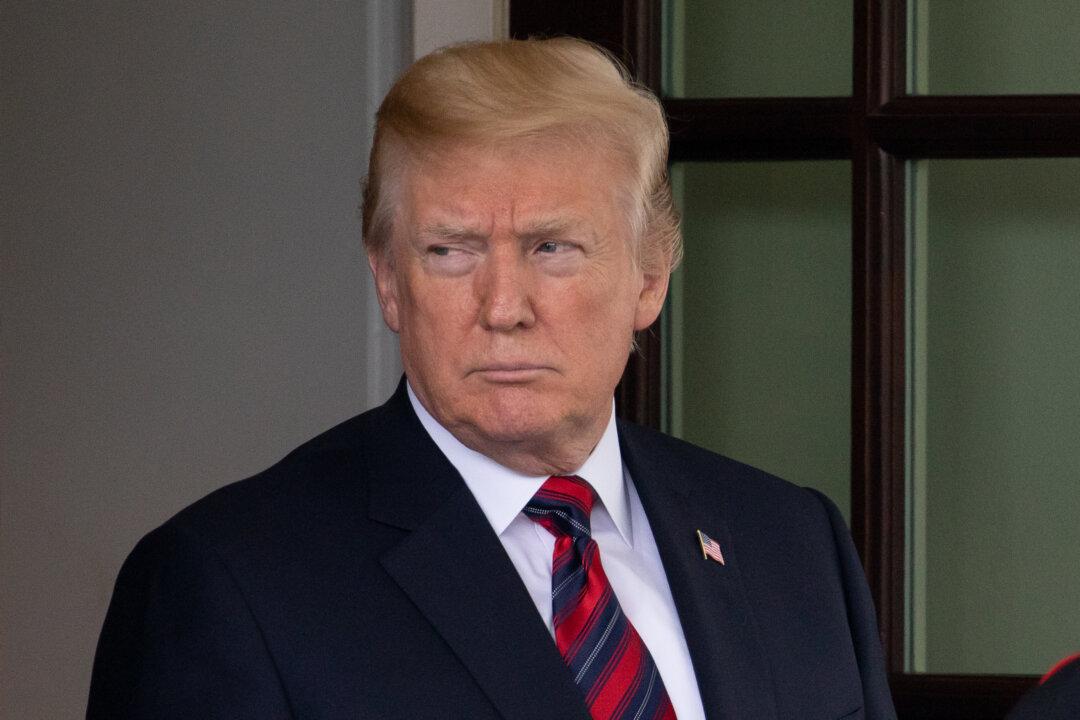The United States will levy a 25 percent tariff on $50 billion of goods imported from China, the White House announced on Tuesday, May 29.
The tariff will apply to products “containing industrially significant technology.” The Trump administration has collected feedback from consumers on potential items and the final list will be announced by June 15.





